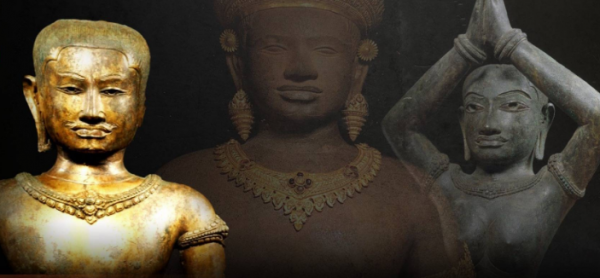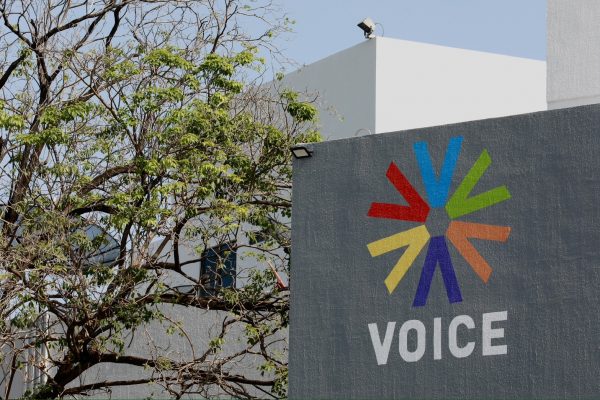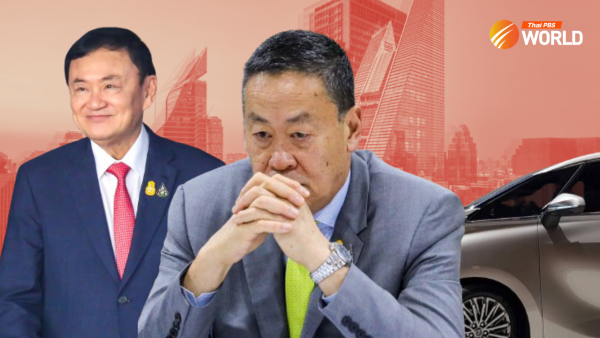Thailand placed 4th in ASEAN on the Democracy Index 2020

Thailand has been placed fourth in ASEAN, and 73rd in the world, while categorized as one of the world’s “Flawed Democracies,” on the Democracy Index 2020 by The Economist Intelligence Unit.
Malaysia ranks at the world’s 39th position, placing it at the top of ASEAN index, followed by the Philippines at number 55, Indonesia at 64, Thailand 73 and Singapore at 74. While Cambodia, categorized as “Authoritarian,” ranked number 130 in the world, followed by Myanmar at 135, Vietnam at 137, and Lao at 161. Brunei, however, was left uncategorized and unscored.
The index assigns scores for electoral process and pluralism, functioning of government, political participation, political culture and civil liberties. Of these 5 indices, Thailand’s strongest point is its electoral process and pluralism, while the weakest is the functioning of government.
Thailand was upgraded from a hybrid regime to a flawed democracy in 2019, after the country finally held elections in March. Thailand’s score fell, however, in the latest index. The report referred to the way the government treats its opponents, the dissolution of the Future Forward party, the arrests of anti-government protesters and curbs on foreign and domestic media.
The report stated that In 2020, 116 of a total of 167 (almost 70%), recorded a decline in their total score compared with 2019. Only 38 economies recorded an improvement and the other 13 stagnated, with their scores remaining unchanged compared with 2019.
The Democracy Index 2020 gave Norway top ranking and categorized as “Full Democracy,” followed by Iceland, Sweden, New Zealand, and Canada.
The monument at the heart of Thailand’s battle for democracy
First unveiled in 1940, this monument to “people power” features a golden tray carrying a giant symbol of the Thai Constitution to commemorate Thailand’s transformation from absolute to constitutional monarchy eight years earlier. On June 27, 1932, King Rama VII (grand uncle of the current King) granted the Kingdom’s first (interim) constitution.
The asian economy that ranked the highest is Taiwan, 11th in the world. The report described Taiwan as the 2020’s biggest winner. Taiwan was upgraded from a “flawed democracy” to a “full democracy,” and the country’s score rose by more than any other country in the index. The election in January 2020 saw a strong voter turnout. The analysts say it demonstrated “the resilience of its democracy at a time when electoral processes, parliamentary oversight and civil liberties have been backsliding globally.”
“In 2020, for the first time since 2010, the average regional scores in The Economist Intelligence Unit’s Democracy Index worsened in every single region of the world. A decade ago the cause of a similar democratic recession was disaffection with governments and a collapse of trust in institutions following the global economic and financial crisis. By contrast, the 2020 worldwide democratic regression was largely the result of the measures taken by governments to address the public health emergency caused by the novel coronavirus (Covid-19) pandemic, which has entailed the suspension of the civil liberties of entire populations for prolonged periods. Across the world in 2020, citizens experienced the biggest rollback of individual freedoms ever undertaken by governments during peacetime (and perhaps even in wartime). The willing surrender of fundamental freedoms by millions of people was perhaps one of the most remarkable occurrences in an extraordinary year.”
The biggest downgrades of the index this time are the civil liberties and functioning of government. It explained that, regardless of whether there was public support for the government COVID-19 measures, countries that withdrew civil liberties, or failed to allow proper scrutiny of new emergency powers were penalised.
Because of COVID-19 disease control measures, launched across the world, almost all the world’s democracies were penalised for curbing their citizens’ freedoms. The report said that, even in the developed democracies, there was a tendency to stifle dissenting voices, especially those who challenged or raised concerns about lockdowns and their negative impact on society. While in more authoritarian countries, rulers took advantage of the pandemic emergency to crack down even harder on their critics and opponents.
There was a question over whether the media in these economies were robust, and whether there was free and open discussion of public issues, with a reasonable diversity of opinions. These set of questions were the reason many countries were downgraded, especially the authoritarian countries.
The index shows many issues are not unique to any particular country, whether it is trust in the government, their civil liberties, effective systems of checks and balances, or the functioning of government categories were also downgraded as a result of governments’ handling of the pandemic.
by Tulip Naksompop Blauw






